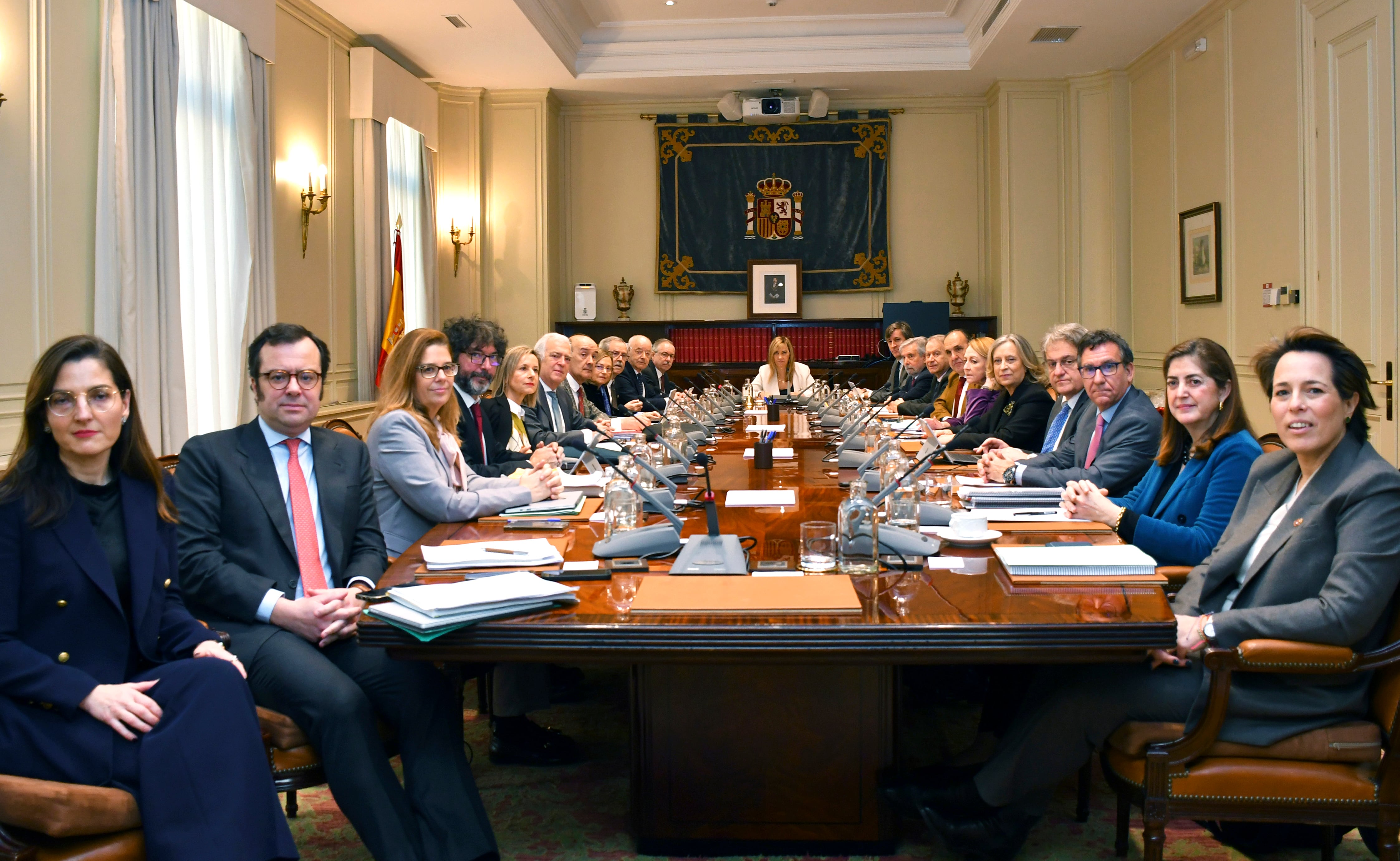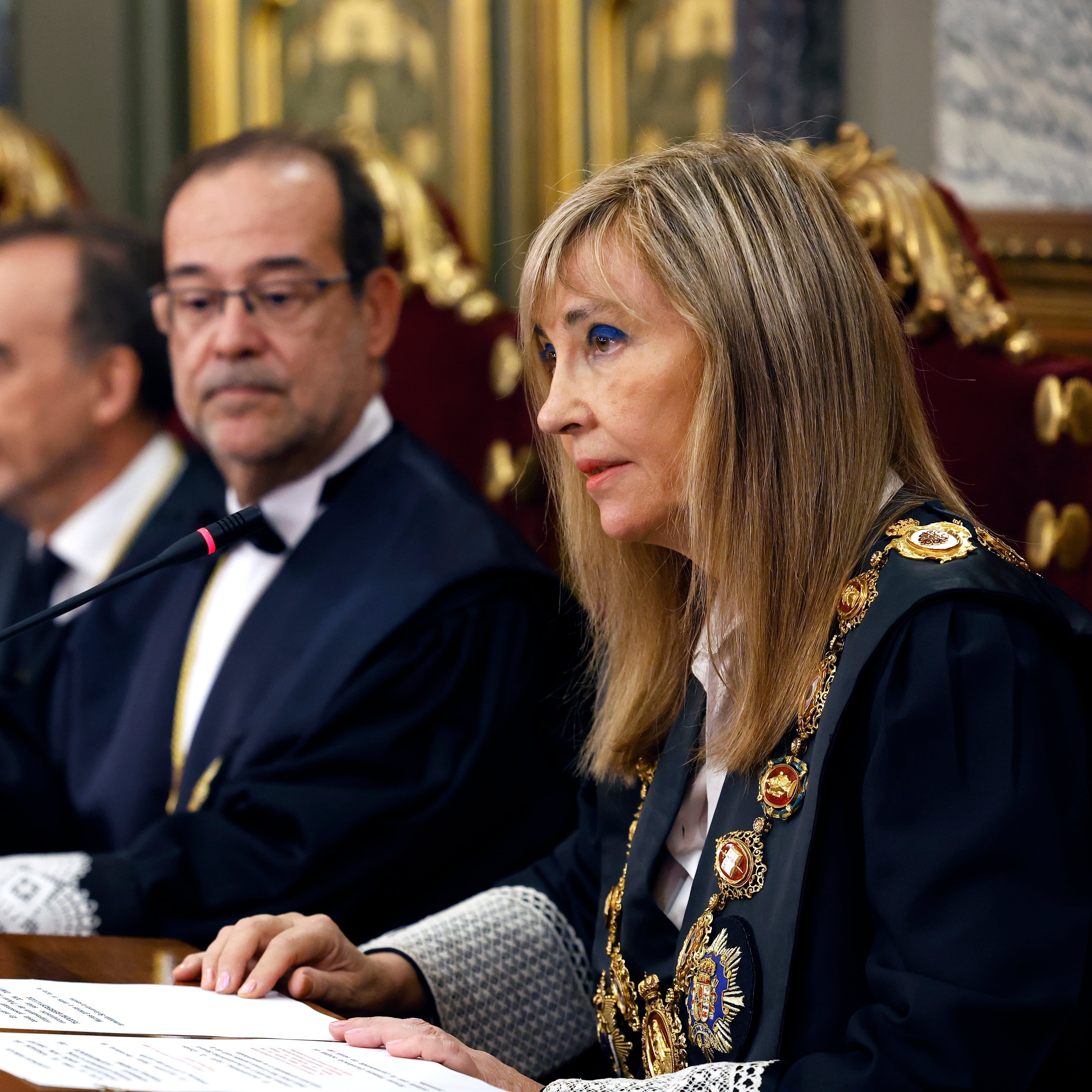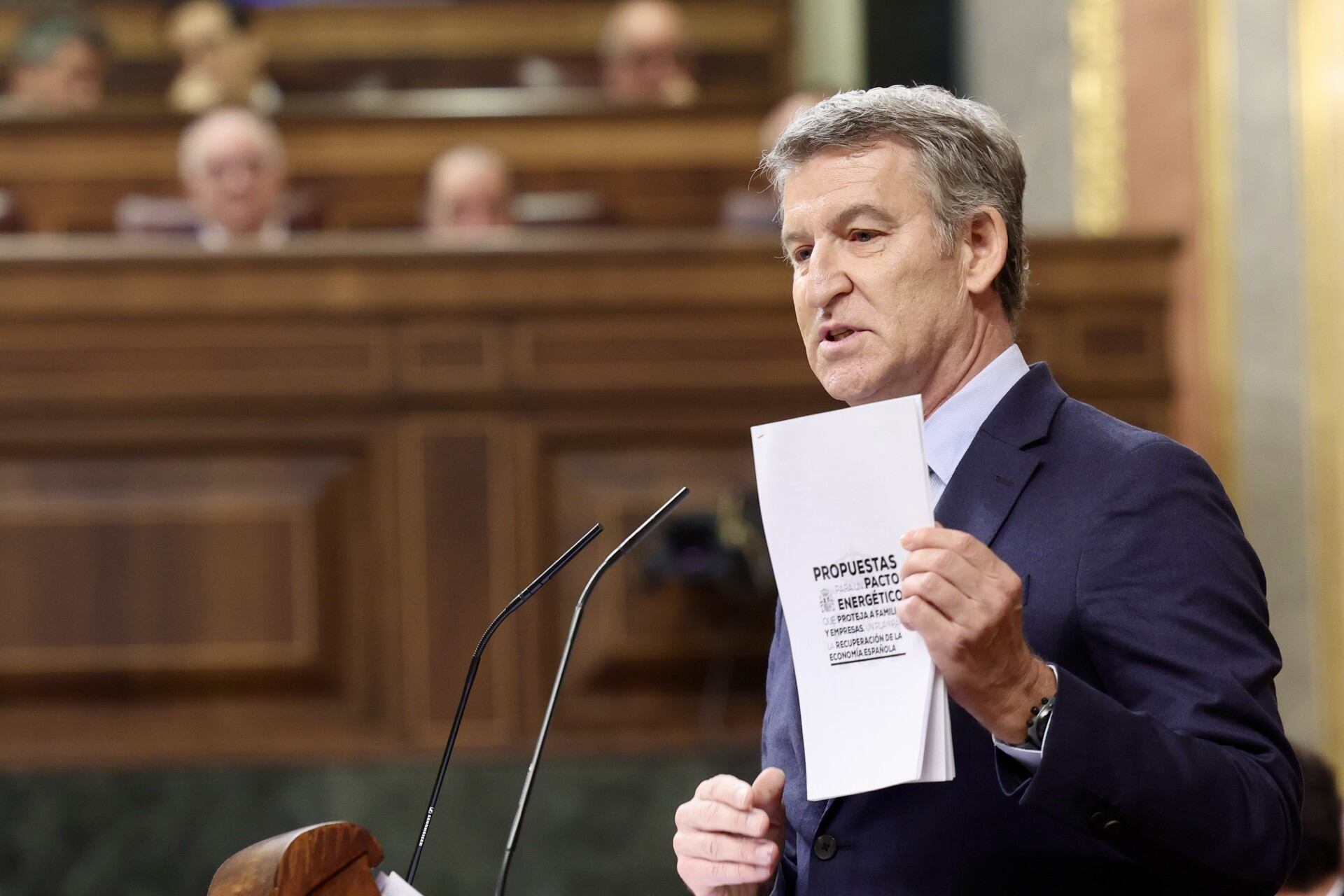The CGPJ certifies the blockade to choose the presidency of the two key rooms of the supreme | Spain

The president of the General Council of the Judiciary (CGPJ), Isabel Perelló, has jumped through the air this Wednesday The selection process of the presidents of the two key rooms of the Supreme. Perelló has voted the four candidacies-two by room-that had been presented for the Second Chamber (penal) and the third (contentious-administrative) despite the fact that sources from both the progressive and conservative group agreed that, for the moment, there is no possibility of a pact for these two appointments. And, after a first vote that has found the division between the two blocks – with the blank vote of Perelló -, the president has urged to vote three more times to force the return of the candidacies to the qualification commission formulate another proposal. For its elaboration, as agreed in the Plenary session, that commission may only take into account the applicants who had attended the call, so, predictably, it will lead to the same names, unless some withdraw their candidacy.
The negotiation on the presidencies of the two key rooms is struck with four candidates on the table: the progressives propose two women, magistrate Ana Ferrer for the second – presided over last December by Manuel Marchena and that is the one in charge of judging the graduates and ultimately resolving the great cases of corruption – and Pilar Teso for the third – competence to resolve the issues that affect the issues that affect the issues that affect the government; while conservatives defend the appointment of Andrés Martínez Arrieta to preside over the Criminal Chamber and Pablo Lucas for the contentious-administrative.
These designations need a minimum of 13 votes, a figure that does not gather either of the two blocks, so it is necessary to reach a pact for each square. The vowels chosen at the proposal of the PP assure that, for now, they do not consider accepting any of the two candidates of the progressives, to who the conservatives have already vetoed last summer as presidents of the Supreme and of the CGPJ for considering them related to the government.
Conservative sources admit that they are not in a hurry to unleashed these appointments because the two rooms are now presided by their two candidates for formal designation. Both are, in addition, in the final stretch of his career (Martínez Arrieta is 70 years old and Lucas, 71) and the conservatives argue that they deserve to retire (at 72) as presidents of the room, even if he is occupying that position on an interim basis if the progressives reject voting them.
The negotiation is also crossed by another substantive debate: how to apply the parity law that entered into force last August and that establishes that no sex can have a lower representation of 40% « in the positions of representation and decision. » A report commissioned by Perelló to the Council of Studies and Reports of the Council concluded that the standard must be applied for the set of appointments assigned by the plenary in its five years of mandate, but this opinion clashes with two others written by the Equality Commission, which considers that this percentage must be fulfilled in each type of organ.
Progressives defend their candidacies for their curricula, but also for being women. And they reject that their designations, as the conservatives ensure, suppose the parity over merit and capacity, as the conservatives maintain. « They are magistrates of the Supreme, so that excellence is already presumed. And the Government Chamber, the qualification and permanent commission has valued, » says a progressive vowel.
The president had already incorporated these appointments in the agenda of several plenary sessions, but then had withdrawn them after verifying the impossibility of reaching an agreement. After the plenary of April, Perelló gave an ultimatum and warned the vowels that the presidencies of the two key rooms of the Supreme point of the agenda and was going to force the vote.
Perelló, finally, has not only forced a vote but four in a row for each room, knowing that there was no option for the result to change from one to another: the ten progressive vowels have voted for Ferrer and Teso and the ten conservatives, Martínez Arrieta and Lucas. Perelló has voted blank. When voting four times without any of the candidates having obtained the necessary support, article 44 of the Regulation of Organization and Operation of the Council that establishes that, after three consecutive votes, “the proposal will be understood, which will be returned to the competent body to formulate another new one”.
In the appointments in which a qualified majority are required, as occurs in the presidencies of the Supreme Sala, the norm establishes that it will be the Plenary that will set the procedures of the vote. Several members consulted admit that there are discrepancies on how to apply this rule, but, according to these sources, what is agreed at this Wednesday implies returning the candidacies to the qualification commission (the person in charge of examining the applicants for each square and proposing the lists that will be voted) so that it makes a new proposal. In principle, according to the sources, how predictable that commission is to propose the same candidacies and the plenary will vote again, supposedly, after a new negotiation between the groups.
Perelló votes with conservatives
The presidencies of the Criminal and Contentious-Administrative Chamber have not been the only votes that the vowels have carried out this Wednesday. The plenary has also spoken over other vacancies in positions of the Council, and in three of them (the attached to the head of the inspection service and two places of the delegate inspector), the candidates of the conservative block have come forward thanks to the vote of Perelló and the counselor proposed by adding, Carlos Hugo Preciado. This decision has caused great discomfort among the rest of the members of the progressive group, according to the sources consulted.
Part of the progressive group next to add claims to be upset by « the disastrous results » of the negotiators of this group and for their performance « completely outside any agreement » between the different sensibilities that make up the group.








/s3/static.nrc.nl/images/gn4/data131931686-beb59f.jpg)